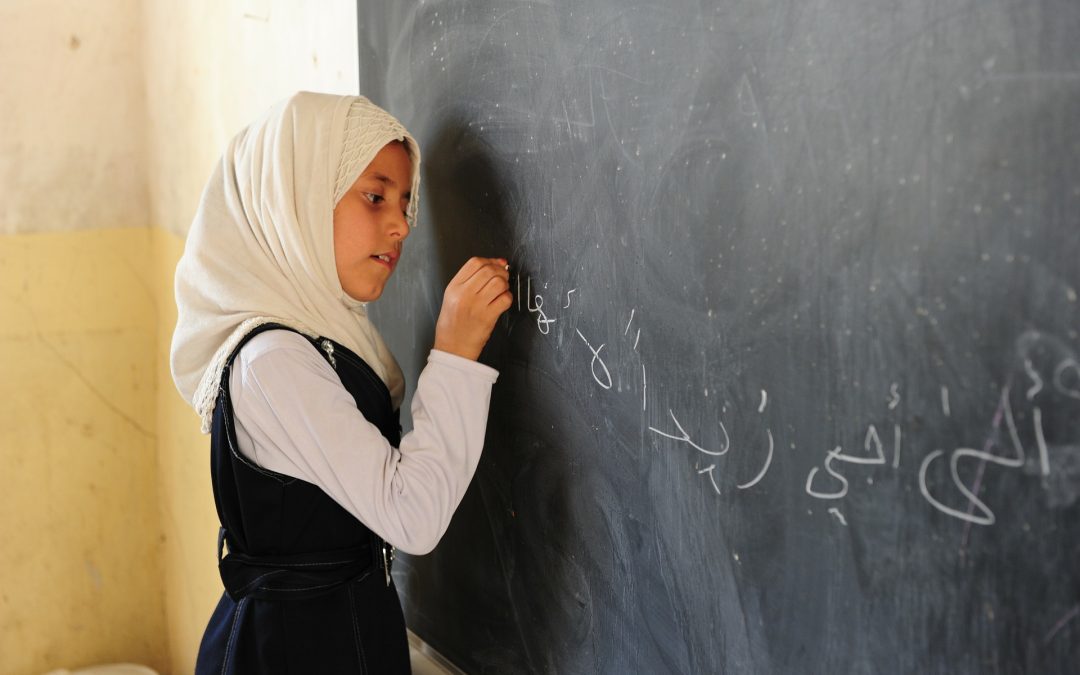It can be easy for Westerners to get an inaccurate picture of cultures in the Middle East.
Despite the conflict (the primary thing we hear about) the region is known for warmth and generosity. Citizens of countries like Jordan and Lebanon could easily find Western visitors rude compared to the legendary hospitality and expressive kindness their cultures extend to friends and foreigners alike.
This month at General Baptist Ministries, we are excited to introduce you to these two countries—Jordan and Lebanon—where we are partnering to send English teachers to bring education and the gospel. These countries have much in common, but there are definite differences in their situations and cultures. Jordan is over 95% Muslim, while Lebanon is home to a more diverse range of religious beliefs (including a significant Catholic and Orthodox population). This, along with its much higher population density, makes Lebanon the more urban and less conservative of the two countries. The nightlife in Beirut (the Lebanese capital) is legendary. So much so that it is sometimes called the “Paris of the Middle East.” Meanwhile, Jordan is more conservative, and the capital—Amman—is a destination for fascinating historical sites and Roman ruins.
The Romans weren’t the first or the only people to have a historically significant presence in Jordan. This land witnessed some of the most important moments in history—the Baptism of Christ, the parting of the Jordan River, and Moses looking over the promised land from Mount Nebo, among others. While there are fewer biblical sites in Lebanon, Solomon’s temple was built from the famous cedars featured on the Lebanese flag. This region is rich with evidence of biblical history.
In the present, these two countries face a major challenge: an overflow of refugees. The culture of hospitality that welcomes neighbors so warmly has also welcomed millions of people fleeing from impossible situations all over this turbulent region. Their economies and political systems are taxed by supporting so many. There are over two million refugees from Syria alone. These people face immense daily challenges with very little hope. Without access to education or essential resources, it is almost impossible for them to improve their situation. Education is a significant, tangible need, and we can help meet it by sending English teachers to bring opportunity and hope for this life and the next.
There are so many in this region who have never even heard of their hope in Christ. More than 10 million people are unreached in Jordan. And, even by the highest estimates of the Joshua Project, less than 3% of people are Christians. There is more access to the gospel in Lebanon, but at least 60% have yet to be saved, and only 0.71% are Evangelical.
We are not ignorant of the risks involved in sending teachers to this part of the world. Those who go will have access to thorough security measures and professional monitoring of the situation to help them move wisely. But the risk is momentary, outweighed by these people’s eternal need for the gospel. In the face of these challenges, we have to go—we want to go! The only solution to their hurt and hopelessness is the love and peace of the Father God they have yet to encounter.
Reach out to Mark Powell (VP of Global Missions) to find out more.
mark.powell@generalbaptist.com
(573) 785-7746

